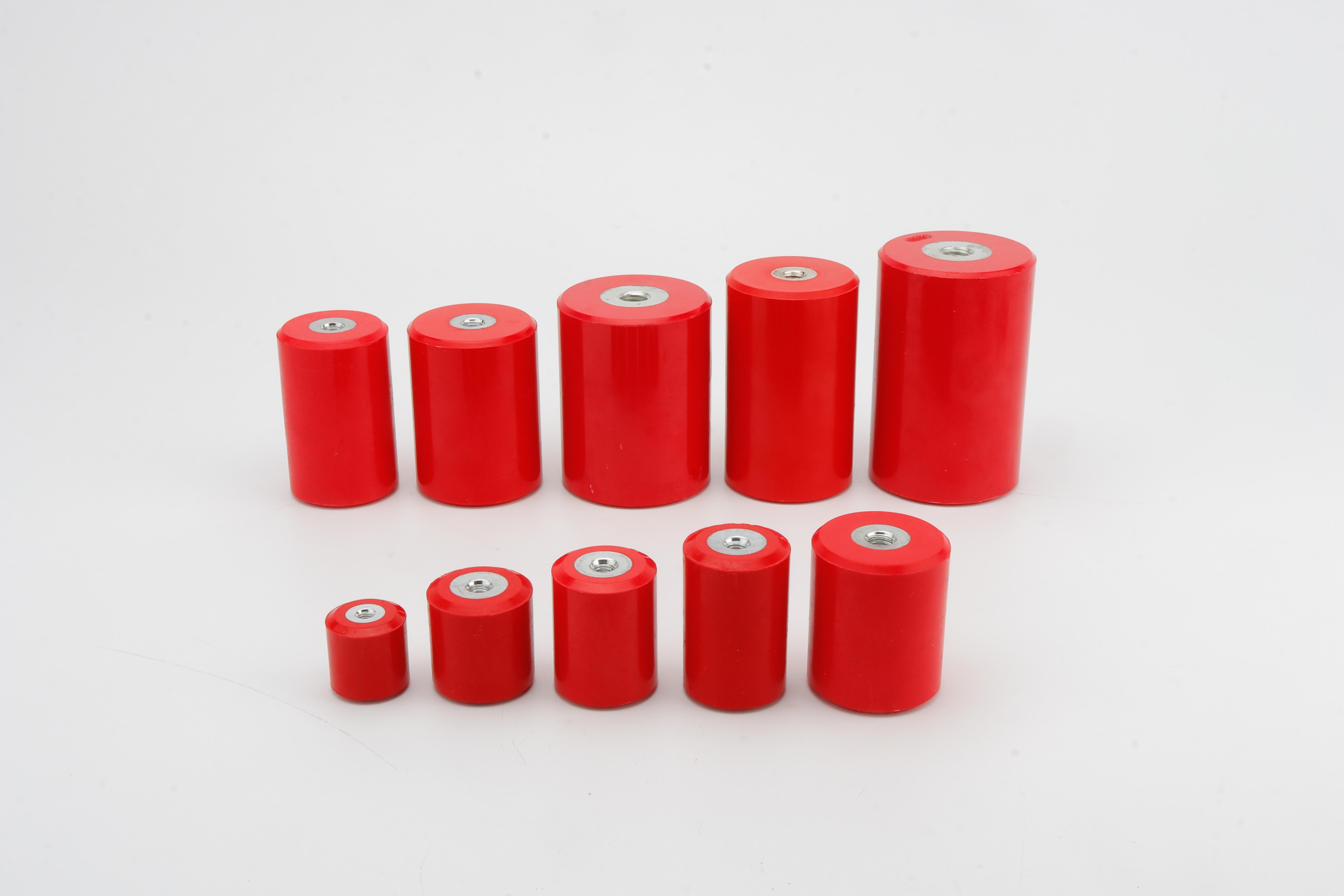An insulator is a material that does not allow heat or electricity to flow through it easily. This means that it is a bad conductor of heat and electricity. Good examples of insulators are rubber, glass, and air. They are used in many everyday objects, such as electric kettles and oven gloves.
A conductor is a material that allows heat or electricity to flow through it easily. This means that it is a good conductor of heat and electricity. Good examples of conductors are copper and aluminum. They are used in many everyday objects, such as electric wires and aluminum foil.
So, what are the differences between an insulator and a conductor?
The main differences between an insulator and a conductor lie in their ability to allow the flow of heat or electricity. Here are the key distinctions:
The flow of Heat: Insulators are poor conductors of heat, meaning they resist the transfer of heat. When heat is applied to an insulator, it does not readily pass through the material, and it retains its temperature. On the other hand, conductors are efficient at conducting heat. They readily allow heat to flow through them, enabling efficient heat transfer.
The flow of Electricity: Insulators are materials that impede or prevent the flow of electricity. When an electric current is applied to an insulator, it does not easily pass through the material. This is because insulators have tightly bound electrons that are not free to move and carry the electric charge. Conversely, conductors allow the easy flow of electricity. They possess loosely bound electrons that are free to move and facilitate the passage of electric current.
Examples: Insulators include materials like rubber, glass, plastic, wood, ceramic, and air. They are commonly used to insulate electrical wires, create protective coatings, and provide thermal insulation in various applications. Conductors like copper, aluminum, gold, and silver have high electrical conductivity. They are extensively used in electrical wiring, circuitry, and electronic components due to their ability to carry electrical current efficiently.
Electric Safety: Insulators are essential for electrical safety. They prevent the accidental flow of electricity, which can lead to electric shocks or short circuits. Conductors, while necessary for the functioning of electrical systems, require insulation and proper handling to avoid electrical hazards.
In summary, the main differences between insulators and conductors lie in their ability to allow or impede the flow of heat and electricity. Insulators resist the flow of both, while conductors facilitate their movement.
